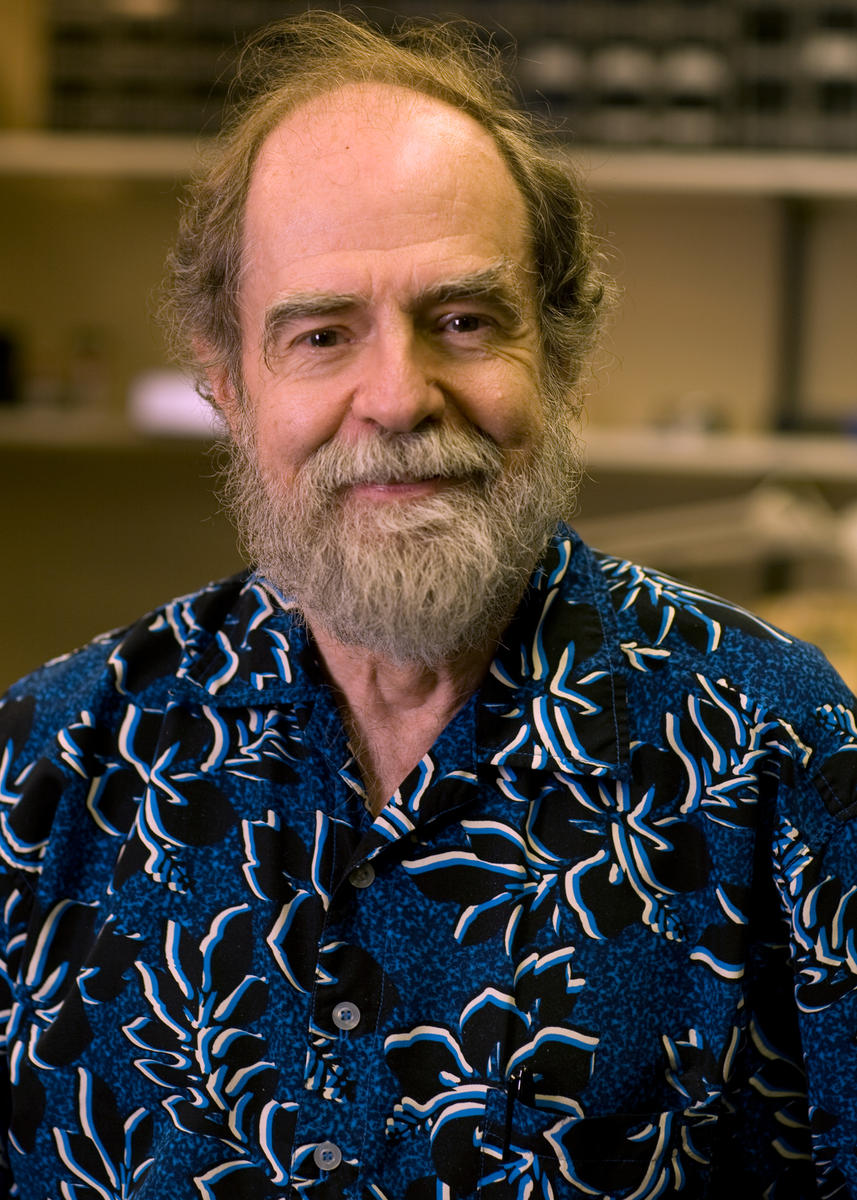Princeton Sponsored Prison STEM Education Program Receives NSF INCLUDES Award
Jannette Carey, a Professor of Chemistry at Princeton and James Gunn, the Eugene Higgins Professor of Astronomy, Emeritus, have been issued an NSF INCLUDES Award for their pilot educational program STEPs to STEM.
STEPs to STEM proposes to create a statewide STEM pipeline within an integrated program of community college education throughout the state prisons of New Jersey. The Pilot leverages a long-standing collaboration among education, government, and volunteer sectors including NJ-Scholarship and Transformative Education in Prisons (STEP), all of whom commit to work together to accredit and ensure articulation (transferability) of the required STEM courses.
The broadening participation challenge that will be addressed by this Pilot is to extend college-level STEM education to incarcerated persons, who are overwhelmingly minorities from the lowest socioeconomic levels of American society. Education in general and STEM education in particular equips students for high-level workforce readiness, offering improved quality of life for formerly incarcerated persons and their families and contributing to American economic success. The grant builds on long-standing collaborations between education, government and volunteer organizations such as the Prison Teaching Initiative based in Princeton’s Program in Teacher Preparation.
The four major goals of the Pilot are: 1) To consolidate and ensure articulation of STEM A.A. courses in NJ state prisons with a seamless path to B.A. study at Rutgers, the State University of New Jersey; 2. To begin teaching new accredited STEM courses and offering REU and internship opportunities to released students; 3) to implement tracking of students in STEM courses while incarcerated and beyond, enabling a supplementary research goal to evaluate student and teacher performance in comparison with mainstream educational settings; 4. To work with partners in business, government, non-profit, development, and public sectors to build a complete STEM pipeline with a long-term goal of enabling formerly incarcerated students to clear their records through education and workforce participation in STEM.

Image credit: Brian Wilson
To accomplish these goals senior personnel from each of the cooperating institutions and a jointly-supervised postdoctoral trainee will negotiate the terms of accreditation and articulation across the state system with our partner, the lead accreditation institution, Raritan Valley Community College. Teaching of STEM courses by an established team of volunteers will commence as each course is accredited. Our industry and research partners will begin offering REU and training internships in the first summer. Educational research professional on the team will guide the design, implementation, and analysis of student and teacher performance. New partners will be brought in to the collective from the non-profit, business, and public sectors to extend the reach and impact of this initiative.
This Award is part of the National Science Foundation’s (NSF) first-ever awards issued for the NSF INCLUDES program, a comprehensive initiative to enhance U.S. leadership in science and engineering by broadening participation in the fields of Science, Technology, Engineering and Mathematics (STEM).
NSF INCLUDES (Inclusion across the Nation of Communities of Learners of Underrepresented Discoverers in Engineering and Science) aims to improve access to STEM education and career pathways at the national scale, making them more widely inclusive to underserved populations. Over the next decade, NSF will expand the program, with the goal of developing a science and engineering workforce that better reflects the diversity of U.S. society.
The initial recipients comprise 37 Design and Development Launch Pilots, funded through two-year grants aimed at supporting projects with the potential to deliver prototypes for bold, new models that broaden participation in STEM. They also include 11 grants for conferences that will explore the development of backbone organizations to support a national network of NSF INCLUDES alliances and partnerships.
“For more than six decades, NSF has funded the development of STEM talent, with the goals of furthering scientific discovery and ensuring the nation’s security, economy and ability to innovate. NSF INCLUDES aims to broaden participation in STEM by reaching populations traditionally underserved in science and engineering,” NSF Director France Córdova said. “I’m gratified to see such a strong start to this program, which we hope will be an enduring investment in our nation’s future in scientific discovery and technological innovation.”
